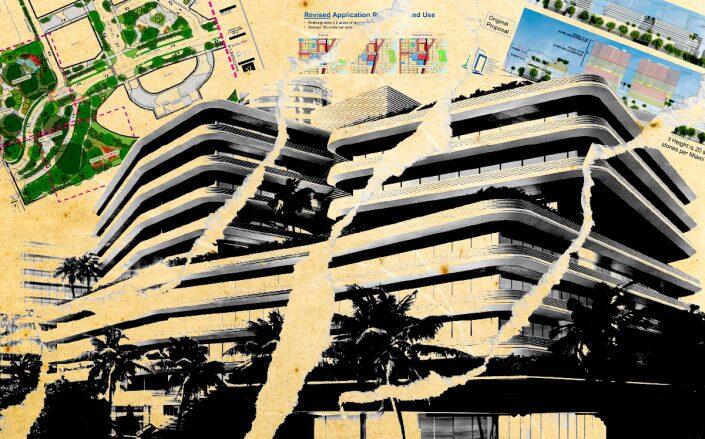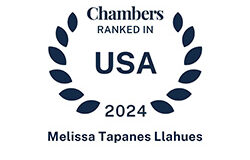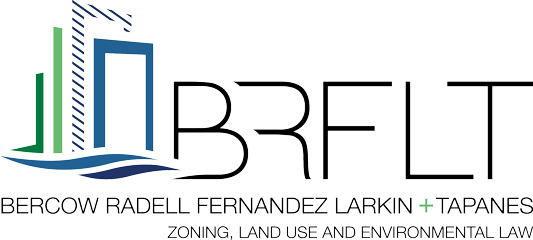CLIENT NEWS: Long-stalled, controversial Little Haiti project heads to Miami commission vote
January 26, 2022A long-stalled, controversial mixed-use project that would replace a 512-unit multifamily community in Miami’s Little Haiti neighborhood is headed for a commission vote.
Sabal Palm Village at Flagler Trail is proposed to span 5.9 million square feet across 22 acres, on the current site of the garden-style Design Place apartment complex at 5045 Northeast Second Avenue.
Developer SPV Realty is tied to Justin Podolsky. His family members are longtime hoteliers and multifamily owners in New York, with Jay and Stuart Podolsky owning Amsterdam Hospitality Group. Records show SPV bought Design Place in 2000 for $6 million. SPV is managed by Sharon Olson, who is married to Jay Podolsky.
The Miami Commission is scheduled to vote on Thursday on a site rezoning and development agreement. The decision will be preliminary and a second vote is needed for project approval. The final vote has not been scheduled.
Sabal Palm would consist of 168,011 square feet of office; 296,297 square feet of retail; a 400-key hotel; a 43,760-square-foot vocational school or community college; and 2,929 multifamily units, according to plans provided by SPV’s attorney.
Multiple buildings are proposed, with five-story buildings on lots fronting Northeast 54th Street to the north. Twenty-story buildings would rise at the center of the project.
Of all the apartments, 512 are proposed to be workforce housing, or priced at the same rents as Design Place. That would allow current residents first priority to move into the new development as it gets built in phases.
Current renters in the portion that would be torn down first would have to live elsewhere temporarily, and can then return to Sabal Palm apartments, said SPV attorney Melissa Tapanes Llahues.
“This happens everywhere,” Tapanes Llahues told The Real Deal, adding that Design Place renters who don’t want to stay at Sabal Palm will get a $600 moving stipend.
Making it to the commission is a significant step for SPV, which first filed its proposal in 2016.
The development has faced opposition from some renters and community advocates. They cite concerns with the scale of the project for Little Haiti, as well as issues with mounting traffic. At the heart of their opposition is the potential boom in the area’s property values and rent, and continued gentrification in Little Haiti, as well as the replacement of relatively attainable Design Place. The complex is not officially affordable housing but has long offered a reprieve for the local workforce.
Miami’s hot multifamily market has been largely fueled by transplants who moved here because of the area’s early lifting of the pandemic lockdown. It has resulted in skyrocketing rents, pricing out local low- to mid-income earners.
SPV added the workforce housing units and scaled down the project’s dimensions after the project stalled from 2018 to 2021, when it was under review by the Miami Planning, Zoning and Appeals board.
The board, which is an adviser to the commission and can merely recommend approval or denial of a development, had echoed residents’ concerns over the lack of lower-priced units at and the high-rise nature of the project. The board can delay a project from going before the commission by not voting on it.
In September, the planning board was tied on a vote to approve Sabal Palm, which under city rules allowed the proposal to move forward.
As part of its effort to meet the opposition’s demands, SPV scaled down the tallest buildings from a previously proposed 28 stories and decreased multifamily units by 11 percent. The developer also reduced the office and retail footprint by more than 40 percent, each. SPV added 160 hotel rooms to its original plan and the vocational/community college space. It is not yet known which school would operate in the space.
The project was also rebranded from the previous Eastside Ridge moniker, in a nod to the original name of the two-story apartment complex on the site.
Sabal Palm is proposed under the city’s special area plan, which allows developers of more than 9 acres to get wiggle room on zoning in exchange for community benefits.
SPV’s project was redesigned to be accessible to the public with increased pedestrian and cyclist connectivity, and includes the Katye Green central plaza where Caribbean art, dance and music can be hosted, while Haitian-owned businesses can sell goods at a farmers’ market.
The developer also plans to build the first segment of the Flagler Trail, a planned linear park along the train tracks, similar to The Underline, and provide two city trolley stops at the property. The project also will include a Miami Police substation.
SPV has pledged to give $10 million over the course of development to a city trust fund for job training, home and business improvements, small business growth, educational opportunities, immigration assistance and cultural activities.
“Our team has spent countless hours collaborating with surrounding businesses, organizations and residents, and we are proud of the work that we have done with the community to create a benefits package that will help the people and neighborhoods of the area,” Tapanes Llahues said in an emailed statement.
In New York, Jay and Stuart Podolsky are longtime multifamily owners with a storied history. They received five years’ probation in the 1980s for hiring “vacaters” to force out renters from their buildings. Then, through their Amsterdam Hospitality, the brothers bought apartments to house the homeless through the city’s cluster-site program. In 2019, the Podolskys sold 17 of those buildings for $173 million, amid allegations that the brothers allowed the properties to deteriorate.
















































